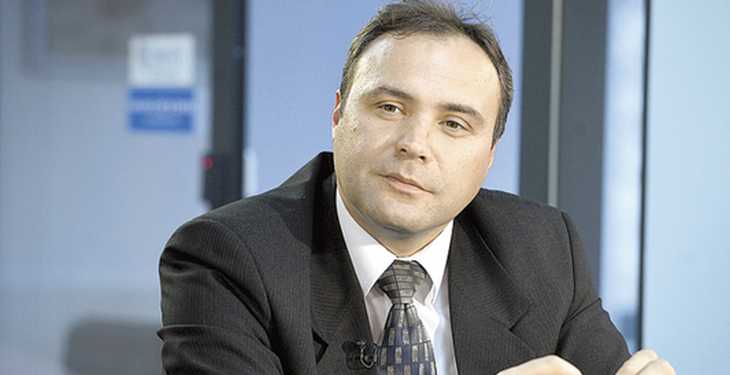The reduction of unit costs on the service components, the high competition in the market and the reduction of taxation are the only ways that can bring lower gas prices, claims the president of the Intelligent Energy Association (AEI), Dumitru Chisăliță.
“There are only three ways that can bring lower gas prices: the decrease of unit costs on the service components (transport, distribution and storage), high competition in the market and reduction of taxation. There are no low tariffs, when unit costs are high,” according to an AEI press release quoted by Agerpres.
The annual degree of use of the distribution system at the national level is at a level of around 10% and is decreasing from year to year especially as a result of stimulating the construction of new gas networks, without a prior market study, which shows whether there is consumer interest in consuming gas. Thus, the situation is reached where these pipelines remain partially unused, because new consumers are not connected to them or it is not a sustainable consumption for the investment.
“Thus, the ineffective investments of the last 30 years, stimulated or patronized by various national programs and state institutions and increasingly ineffective in recent years, continuously add costs, without even creating the premise of new revenues, which leads to the increase in unit costs and gas prices. To these are added the populist measures of granting ‘free’ to build distribution networks to be shared in the bills of all consumers. Stopping ‘freebies’ and applying the principle the direct and exclusive beneficiary of an investment must bear the investment in order not to generate costs for other consumers, simultaneously with the imposition by ANRE of efficiency criteria in the Network Development Plans, but also of the managers and members of the Board of Directors, so that to avoid the socialization of costs and to ensure the increase of efficiency, can determine the reduction of unit costs, respectively the decrease of tariffs and implicitly prices,” explains Dumitru Chisăliță, in the press release.
In his opinion, the actions must be aimed at making new investments only if they are covered by a real demand and that supports the feasibility of the investment, but also the change of the pricing methodology that takes into account cost centers at the locality level and avoiding cross subsidies or of cost socialization, which currently exists.
“Decreasing the price of commodity gases from domestic production cannot be achieved ‘with a pen’, as was attempted through GEO 114 and GEO 27, because it generates an immediate impact on investments in new production capacities, which causes production to decrease and increase imports. The prices for which cannot be determined ‘from the pen’ and which, in the absence of competition, come with higher prices, i.e. the artificial setting of the gas price erodes domestic gas production, increases dependence on imports and artificially increases the price of gas from imports, which means that by analyzing the evolution of the price over a longer period of time, things show that the real average prices paid by the consumer are actually higher than if the consumer protection measure had not been applied,” warns the specialist.
The President of AEI emphasizes that the only real method for lowering gas tariffs is fierce competition between suppliers, which would permanently bring to the market the lowest prices possible for that moment.
“The regulated prices are naturally higher than the prices in the free market, because they are high enough to cover any risk of the suppliers during the regulatory period against the evolution of the wholesale market, transferring all the risks and costs to the consumer,” he states.
In addition, Chisăliță draws attention to the fact that taxation in the field of gas in Romania is high, and in recent years it has been constantly increasing.
“In the name of consumer protection, in the last 15 years, the Romanian state has continuously introduced new taxes and continuously increased the existing ones, with the aim of obtaining money for the state budget. Low taxation means lower prices,” says the head of the Association.
